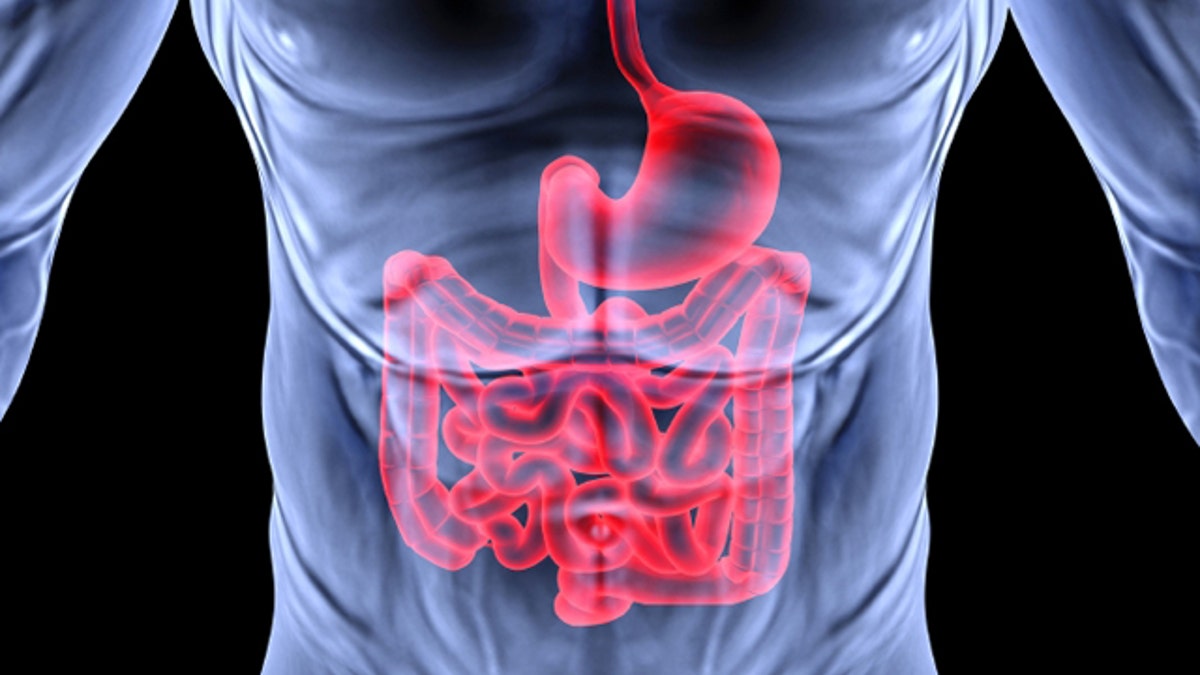
If you’ve seen a yogurt commercial in the last five years, chances are you've heard that probiotics are good for you. Is this all just another clever marketing ploy? Or are probiotics truly something you should be focusing on in your diet?
Probiotics are live microorganisms similar to those naturally found in the gut. These “good bacteria” can help alleviate many health conditions and may boost the immune system, helping keep illness at bay.
A diet rich in probiotics adds healthy bacteria to your digestive system, making the absorption of nutrients and vitamins more efficient. By improving absorption, you’ll get more nutritional value from your food and you may experience better digestion. Once your digestion becomes more efficient, you may even find yourself feeling more alert and energetic.
Probiotics can help boost your overall immunity, making it harder for viruses to cause illness. Some strains of probiotics also suppress the growth of harmful bacteria, reducing your reaction to illness by diminishing the body’s inflammatory response.
Some gastrointestinal diseases that are difficult to treat with conventional medicine have shown signs of improvement with the use of probiotics. Irritable Bowel Syndrome (IBS) and Crohn’s disease, which can both be difficult to treat, may improve with continued probiotics therapy. While clinical trails have shown mixed reviews, some smaller studies suggest that certain probiotics can help maintain remission of ulcerative colitis and prevent relapses of Crohn’s disease.
Women looking to lose belly fat can also benefit from probiotics. Research published by The British Journal of Nutrition shows that probiotics can help reduce leptin, an appetite-regulating hormone, and decrease intestinal bacteria related to obesity. Probiotics may also alter the permeability of the intestinal wall, preventing pro-inflammatory molecules from entering into the bloodstream. This prevents a chain reaction that sometimes leads to weight-related diseases such as obesity, type 2 diabetes and glucose intolerance.
Probiotics have even been shown to be beneficial for babies. A baby’s digestive tract is thought to be sterile before birth, but becomes colonized by good bacteria after going through the birth canal and during breastfeeding. Babies who are not breastfed, or are born via C-section or to mothers with insufficient intestinal flora, can usually benefit from taking probiotics.
Different strains of probiotics provide different benefits. Lactobacillus rhamnosus helps boost immunity and can reduce cold and flu symptoms by fighting bacterial and viral infections as well as increasing antibodies that fight infection. Bifidobacterium infantis can help improve gastrointestinal symptoms including gas, bloating and IBS by decreasing inflammation in the gut lining. Lactobacillus gasseri has been found to effectively reduce inflammation, leading to a faster metabolism which can help decrease belly fat and body mass index.
Fermented foods offer a wide variety of beneficial bacteria and can provide a more cost-effective alternative to supplements. Fermented foods go through a process of lacto-fermentation, in which natural bacteria feeds on sugars and starches in the food, creating lactic acid. Natural fermentation preserves nutrients, creates beneficial enzymes, produces various strains of probiotics and makes food more digestible. Pickled vegetables, sauerkraut, kimchi and probiotic-rich drinks such as kefir and kombucha are all delicious and easy ways to include probiotics in your daily diet.
When adding probiotics to your diet, make sure to start slowly. If you’re taking a supplement, start with the lowest possible dose for the first two weeks and slowly work your way up to the recommended dosage. Adding about a tablespoon of fermented vegetables to most meals is another easy way to start slowly incorporating these foods into your diet. Always consult with your doctor or pediatrician to find the best dose for your body and health goals.
